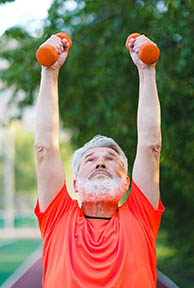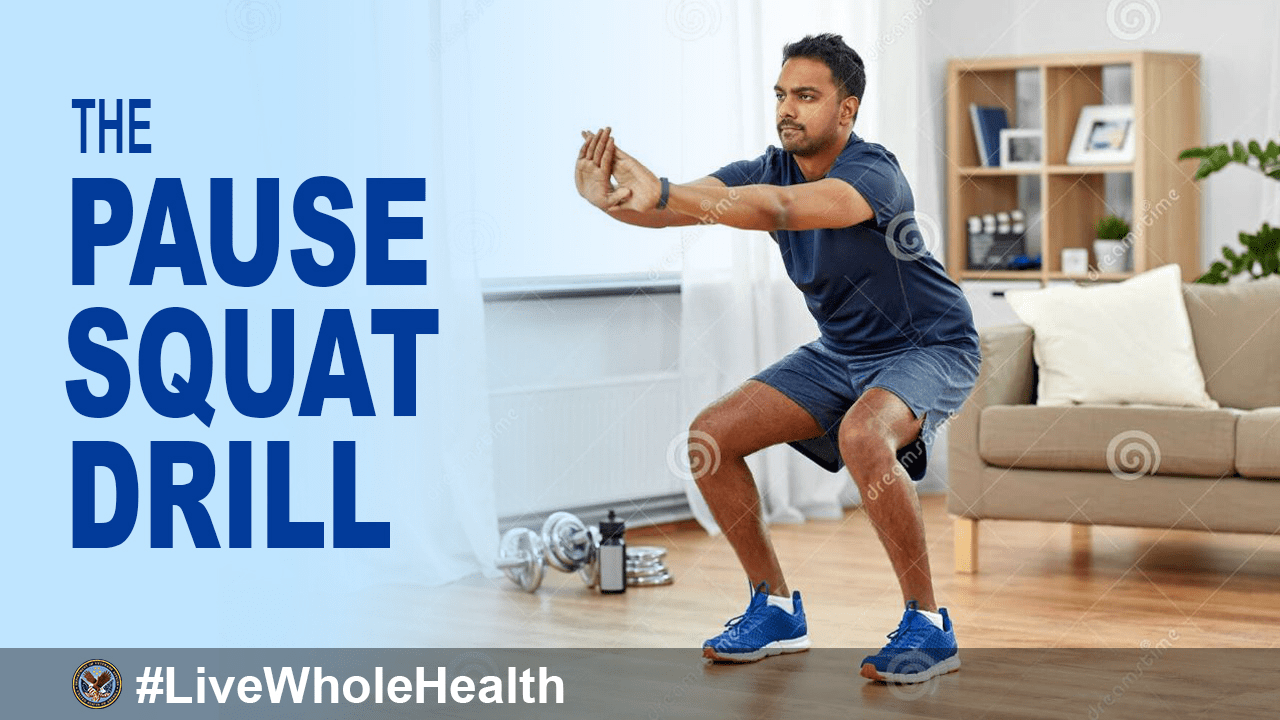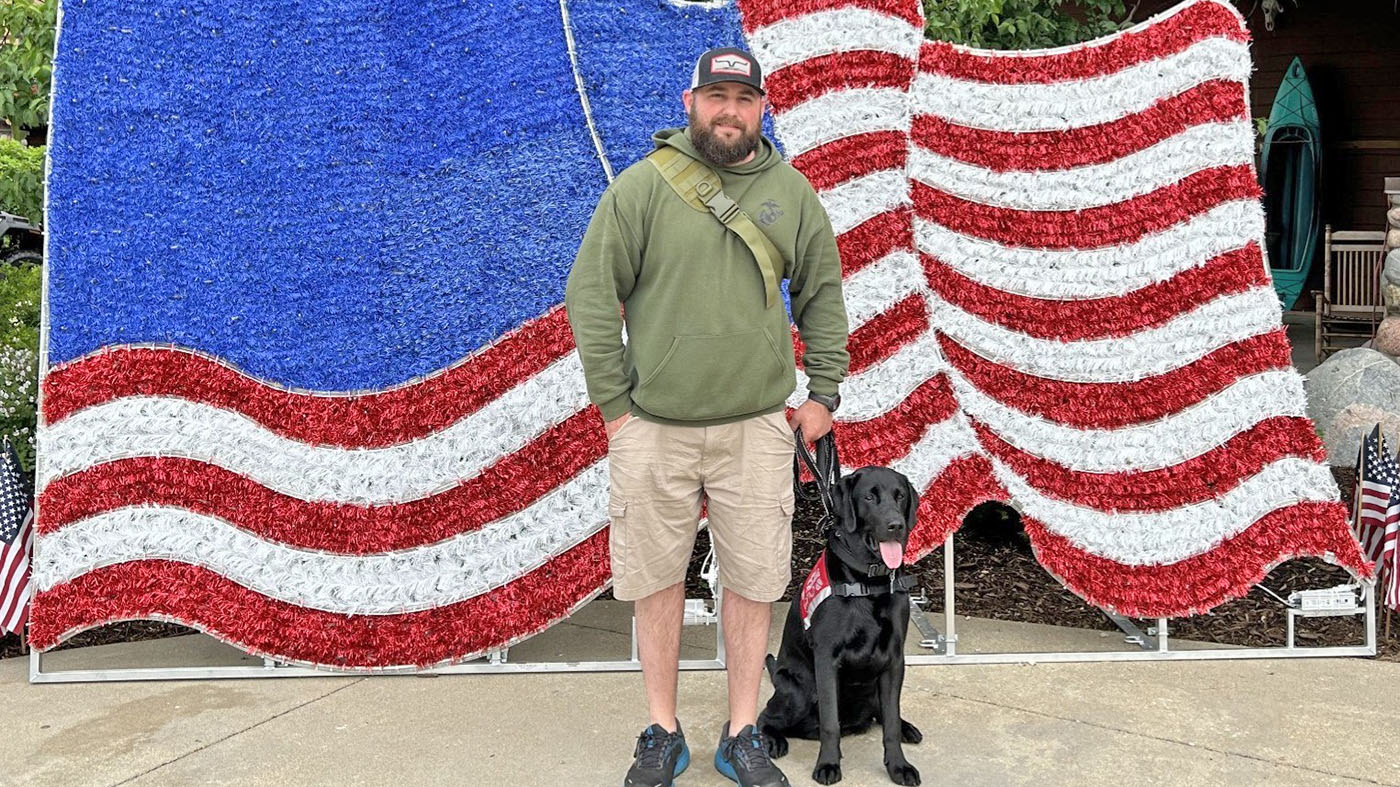VA’s National Center for Health Promotion and Disease Prevention (NCP) is among the VA offices working in support of Veterans’ health and well-being. NCP has produced videos about the importance of being active.
It offers Veterans worksheets, workbooks and other information about physical activity and nutrition through its MOVE! Weight Management Program.
Sophia P. Hurley, physical activity program coordinator for MOVE! at NCP, offers some insight and tips Veterans can use to stay active. “The most important thing is to be active in small bits of time, at any level of intensity,” she said. “Any physical activity is better than being sedentary. These little bits add up. You don’t have to go to a gym and do a structured activity.”
Do everyday activities a bit differently
People who are unsure how to add exercise routines into their lives can simply do their everyday activities a bit differently.
“Get up and walk around your living room or just walk down to the mailbox,” she added. “Park far away in the parking lot or dance a bit while you do your chores. Even going down the flight of stairs if you’ve taken the elevator up is still beneficial movement.”
A main motivator for exercise is often weight loss, but exercise offers other wellness benefits: less anxiety, lower blood pressure, better sleep, endorphins (the “feel-good” chemicals), even a sense of accomplishment from developing a new skill.
Exercising can come from hobbies and pleasurable activities, too.
“Do something that brings you some joy,” she said. “It could be anything – gardening, taking a walk with your dog, pushing a stroller with a child or grandchild, bird watching. People can focus on how they feel when they’re out and being active and the positives they derive from that.”
“If you don’t like it, you’re not going to do it.”
Veterans – and anyone – can take advantage of expanding opportunities to safely get involved in group sports, too. Getting exercise that way can be motivating since being part of a team offers a sense of accountability and social interaction.
Those social connections, and opportunities for physical recreation, are what are known as the social determinants of health (SDOH) – conditions in the environments in which Veterans live, learn, work, play, worship and age.
Support for positive SDOH is connected to better health outcomes and reduced risk of suicide.
May is National Physical Fitness and Sports Month, as designated by the President’s Council on Sports, Fitness & Nutrition. This observance promotes safe physical activity, which can help people have more energy, sleep better, and lower risks of health problems, according to the Veterans Health Administration.
VHA’s National Center for Healthcare Advancement and Partnerships (HAP) also supports many partnerships focused on the SDOH and exercise, such as VHA’s partnership with Y-USA.
HAP also supports VHA partnerships with Americans for the Arts and several yoga-focused partnerships for Veterans. Read more here.
For more about HAP’s other partnerships, please visit va.gov/healthpartnerships.
Dr. Tracy L. Weistreich is the nurse executive for National Center for Healthcare Advancement and Partnerships.
Topics in this story
More Stories
Your knees work hard every day, so make sure to give them some love! Strengthen and support them with this 4-min Pause Squat exercise in this week's #LiveWholeHealth practice.
Marine Corps Veteran Sean Smith was paired with his service dog Hawk, which has inspired him to spread messages of hope.
Stay ahead of the weather. VA has several virtual care resources to help you manage your health care this winter.







